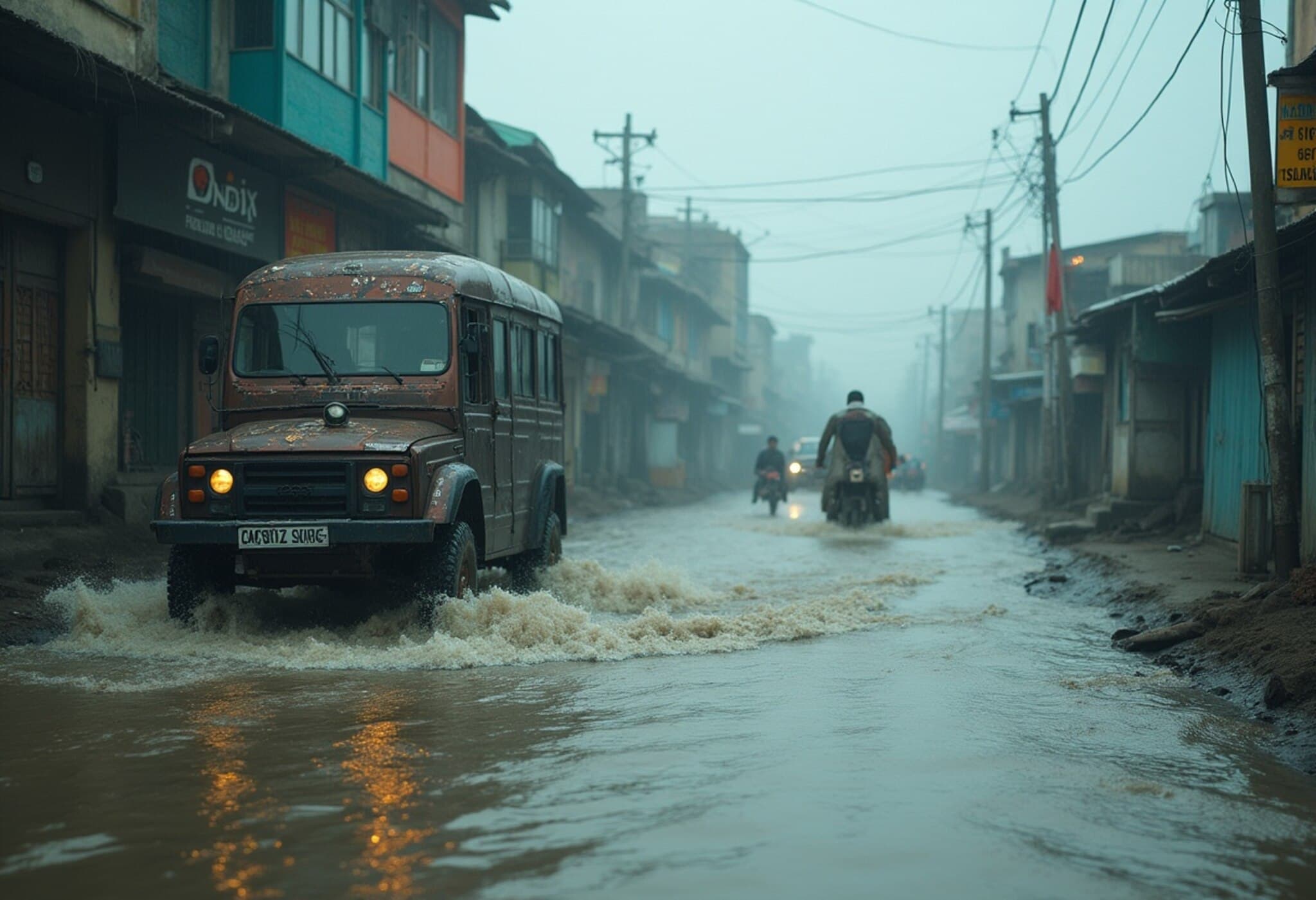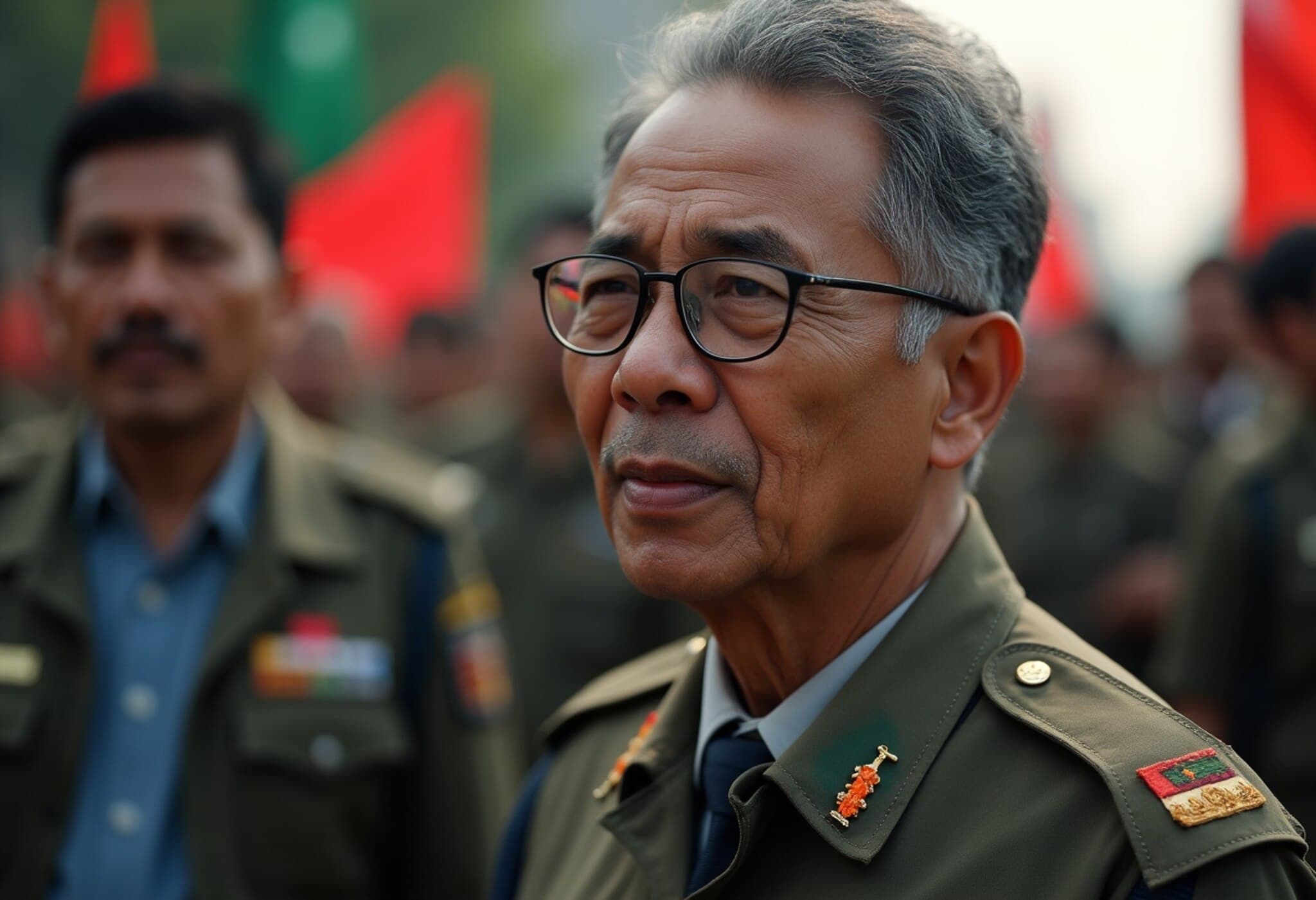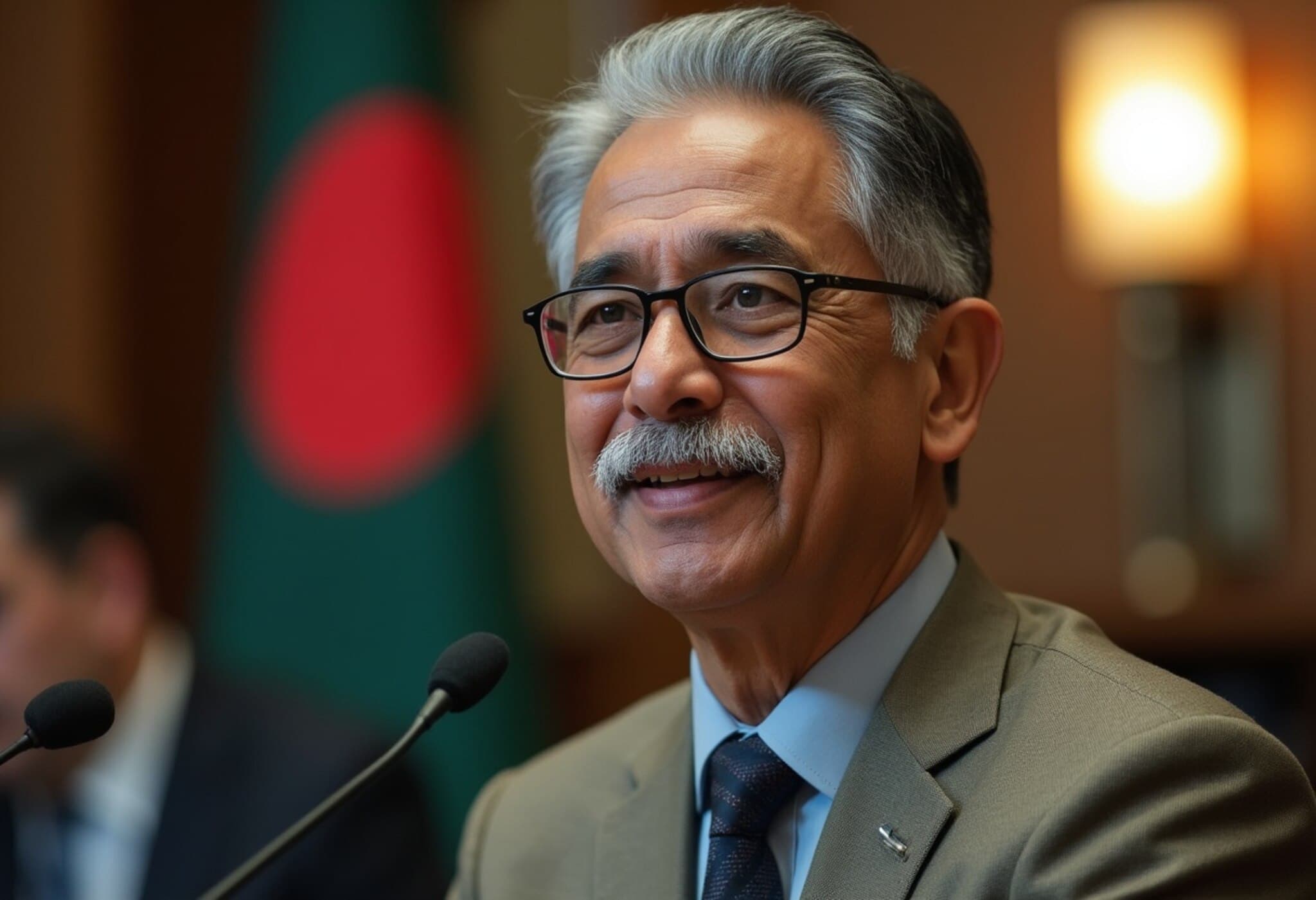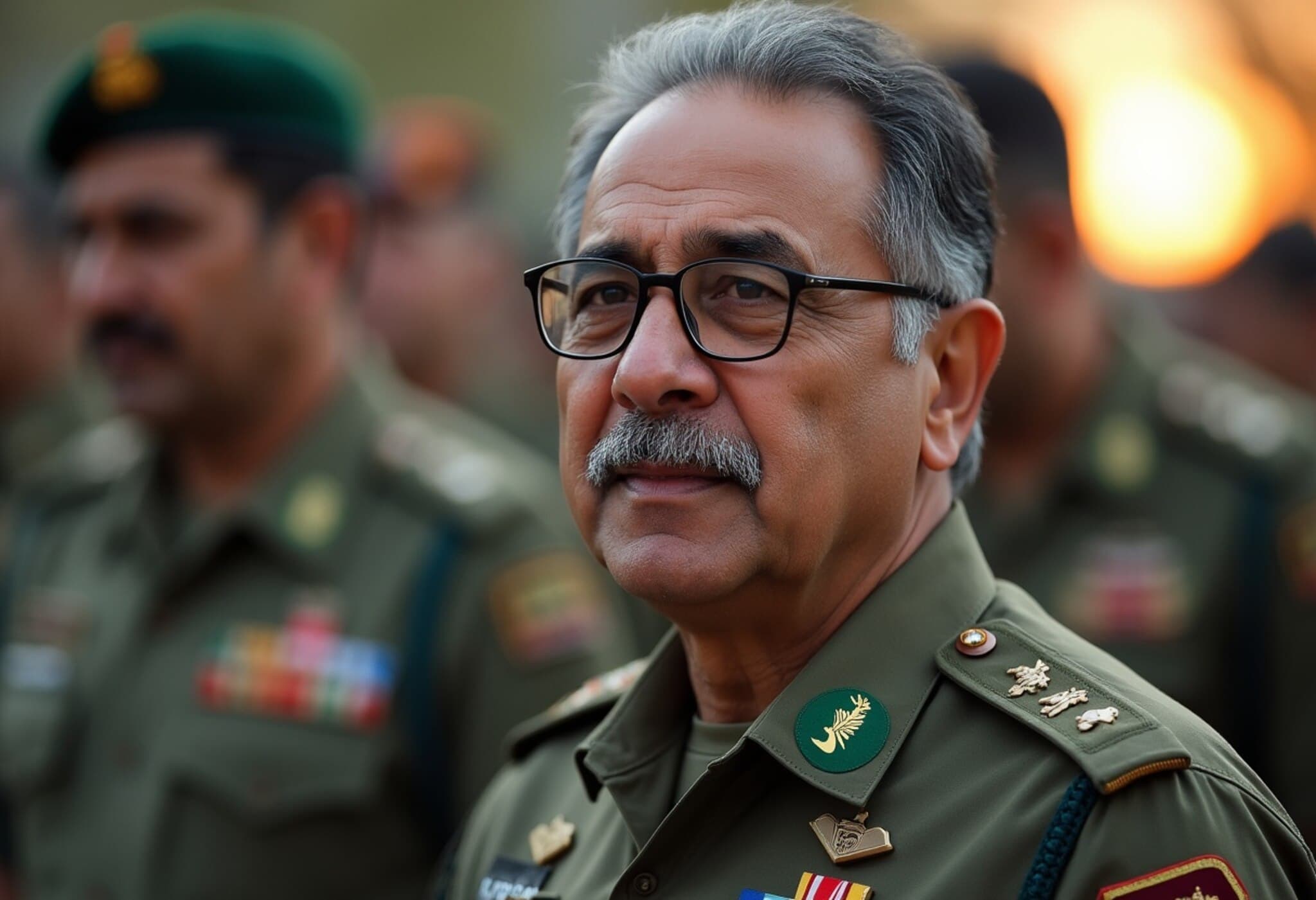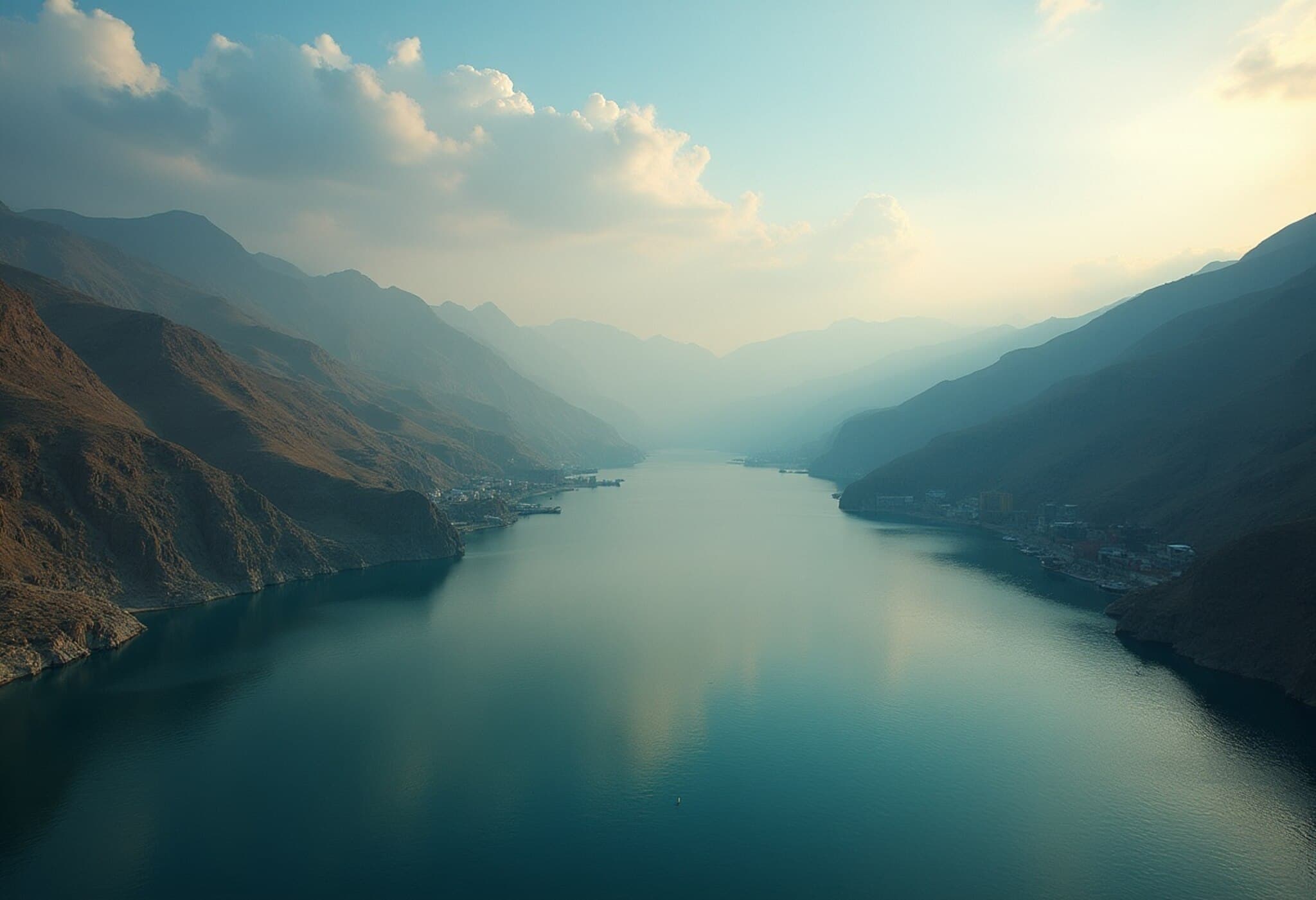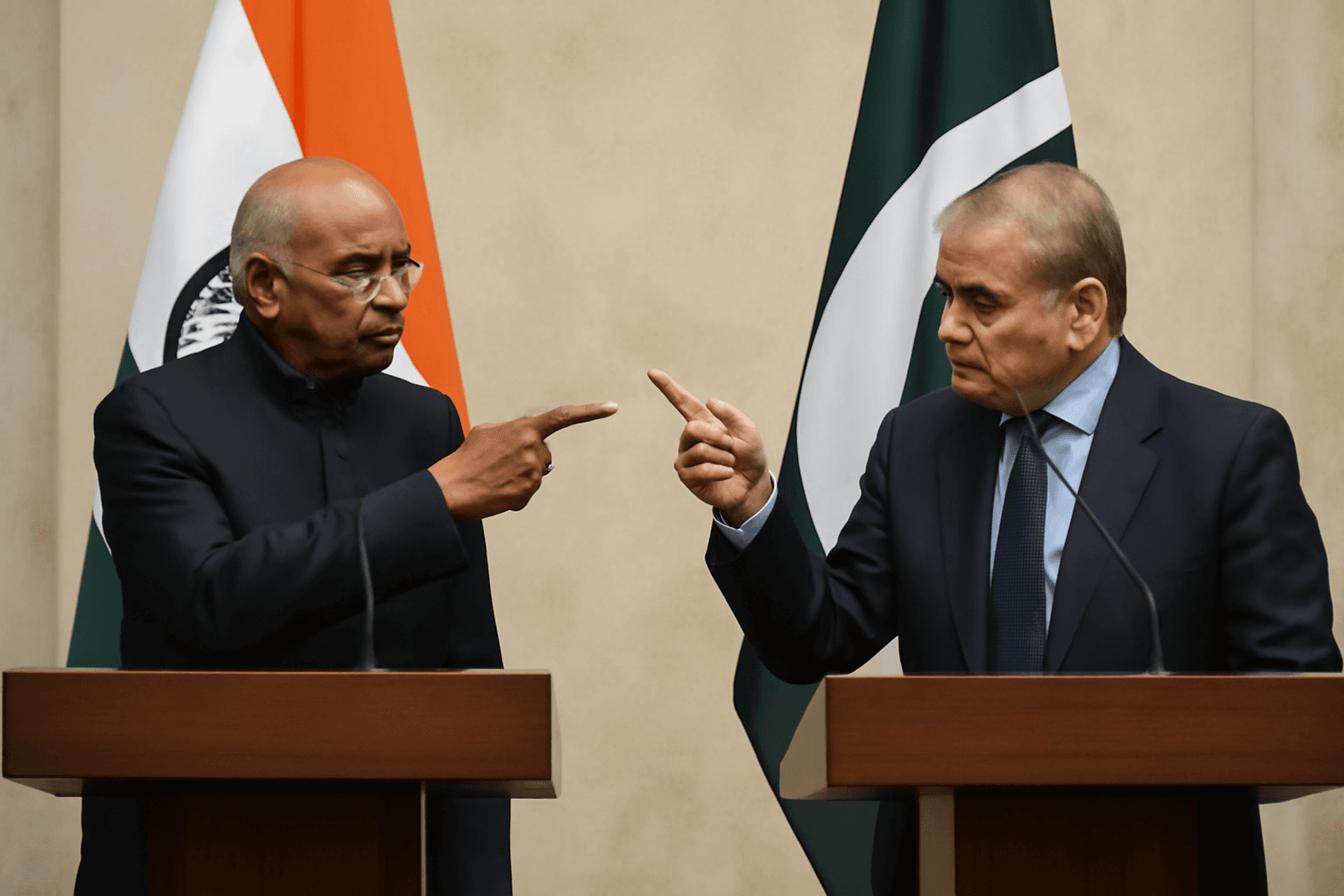India’s Unprecedented Flood Warning to Pakistan Amid Diplomatic Strains
In a notable gesture that underscores humanitarian priorities transcending political tensions, India alerted Pakistan on Sunday about critical flooding in the Tawi river basin—an alert sent not through the traditional Indus Waters Treaty (IWT) channels, but directly via India’s High Commission in Islamabad. This move came as the IWT’s communication mechanism remains suspended following a tragic terror attack in Jammu and Kashmir earlier this year.
Flood Alert Bypasses Indus Waters Treaty Amid Crisis
The Indus Waters Treaty, established in 1960 as a cornerstone for water-sharing and cooperation between India and Pakistan, typically mandates that flood warnings and water management information be exchanged between appointed Indus Water Commissioners. This system has helped maintain dialogue between the two historically rival nations. However, after the Pahalgam terror attack on April 22, 2025, which claimed 26 lives, India placed the treaty “in abeyance,” halting routine treaty communications.
In this backdrop, sending flood alerts through diplomatic channels marks a significant shift, reflecting India's willingness to prioritize cross-border safety despite diplomatic standstills. An official source explained, “Since the treaty communication is currently suspended, the only viable channel was the High Commission.”
Severe Flooding Impacts Jammu and Swells Pakistani Rivers
The urgency of the flood alert is underscored by recent weather extremes. Jammu recorded staggering rainfall of 190.4 mm within 24 hours—marking the region’s second-highest august downpour in over a century. Low-lying urban sectors such as Janipur, Roop Nagar, Talab Tilloo, Ruby Chowk, and Sanjay Nagar faced severe inundation, with water breaching homes and sweeping vehicles.
Multiple rivers in the Indo-Pak border region, including the Tawi River in Jammu and the Chenab, Ujh, Ravi, and Basantar rivers on the Pakistani side, swelled to critical levels. Local authorities have activated disaster response teams and emergency protocols to mitigate this developing humanitarian crisis.
Pakistan’s Ongoing Monsoon Devastation
This flooding exacerbates Pakistan’s already dire monsoon situation. The country has endured relentless rains since June, resulting in over 739 fatalities, destruction of more than 2,400 homes, displacement of thousands, and extensive agricultural losses impacting livelihoods. UN agencies warn that severe weather is likely to linger into early September, raising alarms about further flooding, landslides, and devastating impacts on food security.
Historical Context: The Indus Waters Treaty and Its Fragility
Signed amid post-Partition tensions, the 1960 Indus Waters Treaty facilitated peaceful water-sharing arrangements between India and Pakistan through World Bank mediation. While the treaty has endured multiple political storms, its suspension following the recent terror attack reveals vulnerabilities in bilateral cooperation, at a time when climate-induced disasters amplify the need for coordinated action.
Expert Insight: Balancing Diplomacy and Disaster Management
Experts assert that India’s decision to use diplomatic channels for flood warnings, sidelining the treaty mechanisms, signals a pragmatic approach—acknowledging that humanitarian imperatives must sometimes override political discord. Water security analysts note this could serve as a template for similar crisis communication in conflict zones globally, where frozen treaties might hinder timely cooperation in emergencies.
- Key takeaway: Humanitarian gestures can cut through entrenched political divides.
- Policy implication: Establishing backup communication protocols for disaster alerts may prevent loss of life irrespective of diplomatic status.
- Regional perspective: Strengthening water diplomacy is crucial amid rising climate risks in South Asia.
Editor’s Note
India’s unprecedented direct flood alert to Pakistan reflects a complex interplay of geopolitics and humanitarian responsibility. While the suspension of the Indus Waters Treaty following a tragic terror attack has frozen formal cooperation, the use of diplomatic channels highlights an evolving posture that values human safety above political rancor. This incident invites deeper reflection on how neighboring countries managing shared natural resources can build resilient communication frameworks that survive political upheavals—particularly as climate change intensifies natural disasters. Readers are encouraged to consider: How can peace-building efforts integrate crisis management more seamlessly? What mechanisms can safeguard cross-border cooperation in contested regions? The unfolding seasonal floods and their handling may offer clues to these pressing challenges.

